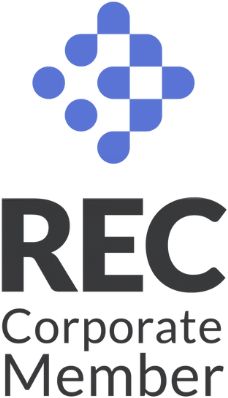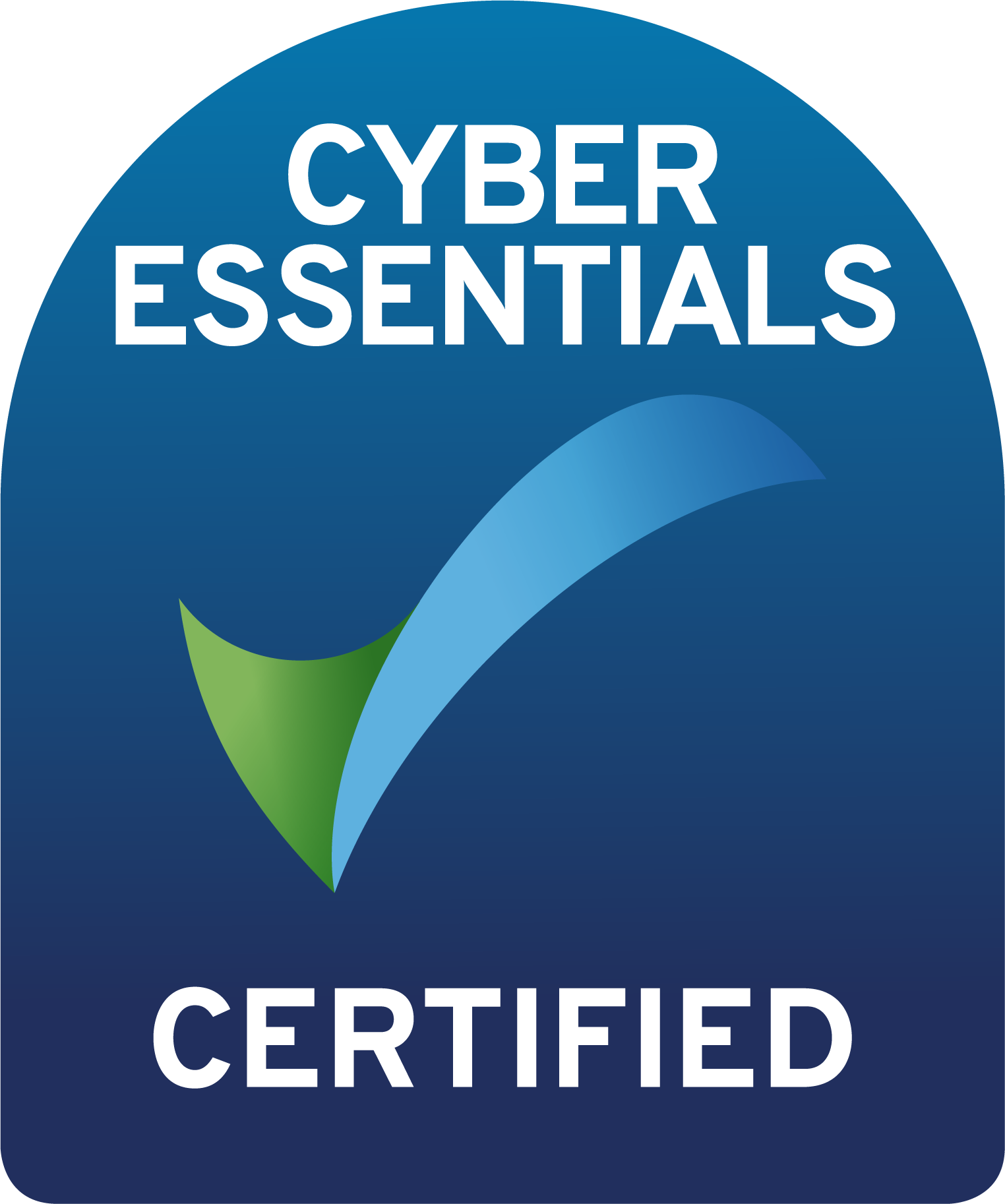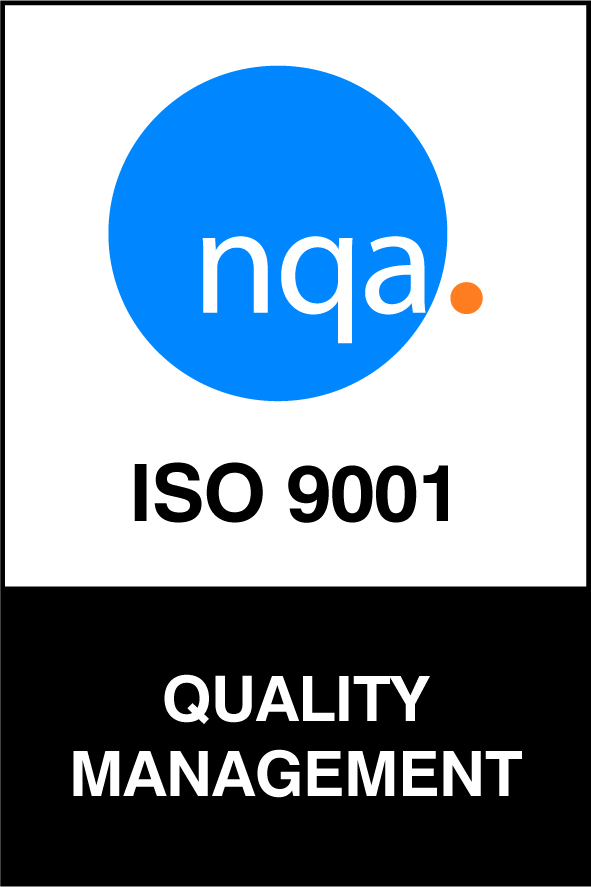Displaying items by tag: cv advice
 Matthew Finlay MIRPDirector at Calibre Search - Recruiter in the Marketing Industry with a leaning towards Market Research/Insight.
Matthew Finlay MIRPDirector at Calibre Search - Recruiter in the Marketing Industry with a leaning towards Market Research/Insight.Linkedin. A CV is like a marketing document - a tool you can use to present yourself in the best possible light. There can be a certain expectation, especially for those in consumer research, that applicants ought to be adept in the art of marketing. As a result of this, those applying to jobs in the field of market research can feel under pressure to produce an excellent CV that will demonstrate some marketing ability.
I've had a good hard think about the best (and the worst) market research CVs I have seen in my time as a specialist consultant. If you're an Insight Manager, Research Manager, Marketing Analyst, Research Director, Research Executive or similar - I'm confident that these 5 steps will help you craft a great CV that will impress employers.

1. Punchy profile.
Employers can spend as little as 20 seconds before they decide whether they like your CV or not. Your profile should be the first thing they see, so it really needs to make an impact. A personal profile should be a well-written snapshot of your career to date, your goals and achievements and include any 'selling points' that set you apart from other candidates. State whether your bias is quantitive or qualitative, too. Try to work out what your next employer is looking for (the job description is your main clue) and tweak the profile accordingly. Do they need a safe pair of hands on analysis? A good project manager, perhaps - or a business developer? Most importantly - your personal profile needs to be really well written to draw employers in. Use positive language to enforce your achievements - write with verbs rather than adjectives. For example, you could use words like 'launched,' 'developed, 'co-ordinated,' and 'motivated.' However, with this in mind, rid your profile of any cliched buzzwords like 'creative,' 'hard-working,' or 'team player.'2. The key is in the detail.
I'm always reminding candidates to include methodologies, achievements and project details in place of just writing simple job descriptions with a list of general responsibilities. While responsibilities are obviously important information for the employer - such as what parts of the research you were responsible for and what parts you oversaw - it is the specific details that can really impress an employer. If you work for an agency, explain whether you were involved from project brief right through to presenting the findings. Have you moderated focus groups, conducted depth interviews or presented back to clients? If so be sure to include this. If you work clientside, what were the strategies of the company or department? What were the challenges, and how did you overcome them? If you're higher than entry level, detail your mentoring or managing responsibilities. How about going one step further and saying whether your subordinates were motivated, improved as researchers, or received promotions. If you have been promoted, it's crucial that this is mentioned in your employment history. Don't be afraid to note specific projects that you found interesting, too - all of this will make you stand out.
3. Tell the employer what you're good at... and leave them in no doubt that you are good at it.
While this is your first, and possibly only, opportunity to market yourself as the ideal candidate, don't just make random unsupported claims. Tell the reader what you are good at, and leave them in no doubt that you are good at it by supporting this with results and statistics. What are your key strengths? If it's thinking strategically, include examples. Most importantly, mention the impact you had on our client or employer. Did you excite and motivate stakeholders - if you did, say how. Was anything introduced because of your findings? If you have the information available, explain what impact this had on the bottom line. Perhaps your research resulted in an improved customer satisfaction rate of 40%, or the actions implemented as a result of your research directly increased online sales by 25%? The more facts and figures you can use to give evidence the better.4. Get the balance right between having a personality and being professional.
Getting the balance right between being professional and letting your personality show can be tricky when it comes to writing CVs. Many candidates are wary of straying too far from the traditional CV formats. But, in reality, showing your personality won't make you seem unprofessional if done correctly. In fact, a lot of research agencies or departments take personality into account when hiring. It's important to research the company's culture before you start writing so that you can highlight any similarities. One way to inject some personality is to include a key achievements section. If you're worried, it's always a good idea to err on the side of caution.
5. Perfect and polish.
Writing only makes up half the task of creating a great CV. The other half is made up of going over and over your CV and making sure it's as good as it can possibly be. It's been said time and time again, but it's crucially important to thoroughly check for mistakes. Researchers (especially Quanties) are normally very thorough - I have one client who prides himself on finding mistakes in quantitative researcher's CVs!Market research can be a fast-paced and ever changing environment, so treat your CV like a living document that evolves along with the industry. That means continually updating and polishing your CV to get the best results with your job search.
There's a lot more I could say on this topic so if you have any more questions, please call me on 01132346047 or email matthew.finlay@calibresearch.co.uk Once you have impressed employers with your CV you may well need some hints and tips on how to excel in your interview - why not check out my blog about how to ace a market research interview here.
CVs to Get You Hired Part II : 6 Insider Tips for Building Services Engineers
Last week's 'CVs to get you hired' went so well, we asked our building services engineering recruitment team to give you some specialist advice. Rob Jones and Simon Owen have come up with these six insider tips to really impress engineering employers.
 Rob Jones
Rob Jones
Built Environment, Building Services, M&E Consultant at Calibre Search
Linkedin
 Simon Owen FIRP
Simon Owen FIRP
Recruiter and Director, Calibre Search and Chairman, CIBSE Yorkshire
Linkedin
In our experience, mechanical, electrical building services engineers can struggle with writing CVs because they often have to balance two sets of skills: technical and transferrable. If you're a building services engineer and you're not sure how to make your experience relevant, or if you're a mechanical or electrical technician just looking to make the most impressive CV you can, we hope these tips can help you.
1. Stuck for details?
Here are a few ideas for some details beyond the typical engineering basics. If these are relevant to you, use them to flesh out your CV and impress employers:
- List project details such as the scheme name, overview of the whole brief and the value of the project. Include an overview of your own brief too, and if you can, any details of what your role was in achieving the end product.
- What can you design? What software can you use? Describe the software and systems that you are used to dealing with as well as the standards that you are working to.
- If you have had any involvement with training or mentoring other staff, business development or site supervision, mention this too.
- Try to think of anything you may have done to set you apart from other applicants. These are the CVs that really stand out to an engineering employer. Remember to keep it relevant to the job description.

2. Answer the question.
Think of your CV as an answer to the question: 'Are you the right person for this job?' This is the question that every employer has in their heads when they read your CV. Make sure every part of your CV says 'yes' to this question. What really matters to engineering employers is whether you are qualified for the job. Look at the job description for specific things they are asking for - think of this as another question to answer. If you've got the qualities the employer is looking for, tell them! You will miss out on opportunities unless you expand on 'I designed systems for buildings.' If you some but not all of the desirable qualities, it could still be worth applying - try to summarise transferrable skills that make your experience relevant. Examples of these could be 'communication with suppliers,' perhaps - or 'prioritisation.' If you're struggling to make your application relevant to the job description, step back and assess yourself honestly. If you don't have any relevant work history and your degree or any qualifications is not associated in any way, it's probably not worth applying.
If you need a few ideas, check out our list of electrical, mechanical and building services job descriptions here.
3. Include a personal profile.
Your personal profile should be a well written 'snapshot' of your career to date. Include in this your current role, the next steps you plan to take and how your previous experience makes you the right person for the job. It's worth investing time on this summary, because it could be your only chance to grab the employer's attention. Whether from agencies or employers, many recruiters won't necessarily use a CV management system that will display your covering letter - it's important, therefore, to say in your profile why you are applying for the role. If your specific objective is relocation, for example, but you don't mention this explicitly in your CV, you could be dismissed when they see your address is out of commuting range.
Do note, however, that some engineering companies - especially those that are smaller - prefer a CV with a covering letter, so make sure you write one just to be safe.

4. Keep it professional.
It's understandable to want to inject some personality into your CV. After all, you want to stand out amongst the other applicants. It's best to think of a CV as a business document, like a company report. It goes without saying that fonts such as Comic Sans or any fancy scripts are inappropriate. However, with more and more CVs being uploaded and read online, choose a sans serif font such as Ariel, Atom or Tahoma over a serif font like Times New Roman. This makes it easier for the employer to read all of your achievements and experience.
If your employer is impressed with your CV, they are likely to check you out online before taking the process any further. If you have anything inappropriate on Facebook, update your privacy settings so it can't be seen. Likewise, make sure your Linkedin photo and profile are professional and give off a good impression.
5. Qualified for the job.
Anything that might make you stand out in a sea of engineering candidates is good news to a potential employer. It's really important that you mention any study you've undertaken, or involvement at all in professional groups such as CIBSE, FBE etc. Do you have any memberships? If so, say your level of membership - how far from Chartership are you? All of these details are interesting to employers.
If you're a graduate, as a minimum you should include your degree title, grade and institution as well as a small summary of your dissertation or final year project - we always suggest three lines as a good amount to aim for with this summary. If your degree was technical but not exactly similar to the job you're applying for - for example if you studied electronics - you should explain the similarities and how your knowledge of this particular subject qualifies you for the job. It could be useful to the employer to describe any specific modules that you think are relevant to the job description. Remember, you're trying to convince the reader that you are the perfect fit for the job - so, while qualifications are an excellent way to do this, don't stray too far from the specifications listed in the job description.
6. Still stuck?
Don't worry. The art of CV writing is a tricky one. Our specialist built environment consultants are experts when it comes to writing a great CV, and we're just on the other end of the phone - you can phone us on 01132346047. Find details on how to contact us here - or if you like, just drop us a quick email. We'd be happy to help - we can offer advice and even professionally format your CV for you.












